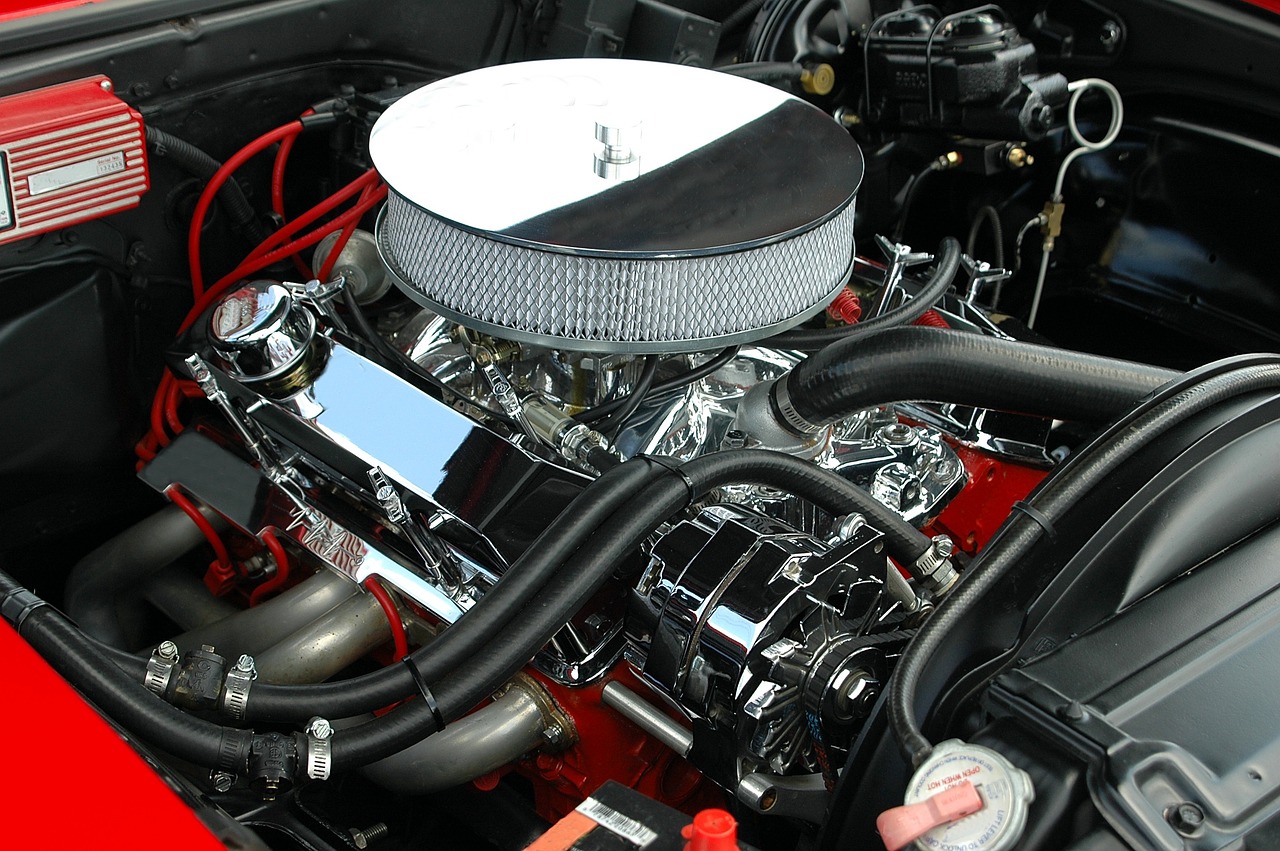The world of automotive engineering has been on an exhilarating journey of innovation and transformation. From the early days of steam-powered carriages to the high-tech electric and autonomous vehicles of today, automotive engineering has evolved dramatically. In this blog post, we will explore the fascinating world of automotive engineering, its history, current developments, and the exciting future that lies ahead.
The Roots of Automotive Engineering
The roots of automotive engineering can be traced back to the late 19th century when inventors like Karl Benz and Henry Ford developed the first practical gasoline-powered vehicles. These pioneering engineers laid the foundation for an industry that would revolutionize transportation worldwide.
The Evolution of Automotive Technology
The 20th century witnessed rapid advancements in automotive technology. The introduction of assembly line production by Henry Ford in 1913 made cars more affordable and accessible to the masses. Over the decades, innovations like automatic transmissions, power steering, and air conditioning improved the driving experience.
The Green Revolution: Electric Vehicles (EVs)
One of the most significant developments in recent years has been the rise of electric vehicles (EVs). Concerns about environmental sustainability and reducing carbon emissions have driven the automotive industry to shift towards electric powertrains. Companies like Tesla have played a pivotal role in popularizing EVs and pushing the boundaries of battery technology.

Autonomous Vehicles: The Future of Mobility
Autonomous vehicles (AVs) are another frontier in automotive engineering. These self-driving cars use a combination of sensors, artificial intelligence, and advanced algorithms to navigate without human intervention. AVs have the potential to revolutionize transportation by improving safety, reducing traffic congestion, and providing mobility solutions for the elderly and disabled.
Materials and Manufacturing Advances
Automotive engineers are continually exploring new materials and manufacturing processes to make vehicles lighter, more fuel-efficient, and environmentally friendly. High-strength composites, lightweight metals like aluminum and carbon fiber, and 3D printing are all contributing to these advancements.
Connectivity and Smart Features
Modern cars are becoming increasingly connected, with features like advanced infotainment systems, telematics, and vehicle-to-everything (V2X) communication. These technologies enhance driver safety, provide real-time information, and offer an enhanced driving experience.
Challenges Ahead
While automotive engineering has come a long way, it still faces several challenges. These include addressing range limitations in electric vehicles, improving the reliability of autonomous systems, and ensuring the cybersecurity of connected vehicles.
Automotive engineering is an ever-evolving field that continues to shape the way we move. From the earliest horseless carriages to the futuristic autonomous vehicles of today, engineers have consistently pushed the boundaries of what is possible. As we look to the future, exciting developments in electric and autonomous vehicles, advanced materials, and smart technologies promise to revolutionize the way we experience transportation. The road ahead is paved with innovation, and automotive engineers will play a central role in defining the future of mobility.

